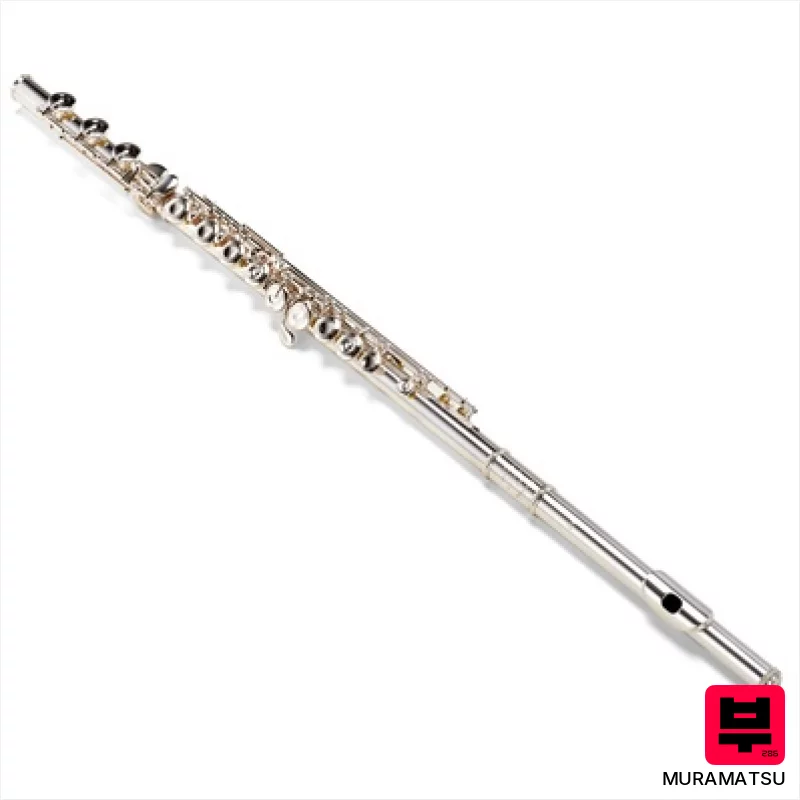Best Muramatsu Closed Hole Flutes 2026
Premium Muramatsu closed hole flutes - legendary tone and craftsmanship
Last updated: January 21, 2026 • Next update: January 28, 2026

Muramatsu EX-III-CBE Flute
- • Suitable for most music styles
- • More affordable than open hole
- • Limited extended techniques
- • Professional limitations
Muramatsu EX-III-CBE FluteFluteSolid silver headClosed keysE MechanismOffsetOffset GSilver plated body and keysB...

Muramatsu GX-CCE Flute
- • More affordable than open hole
- • Easier to learn and maintain
- • May need upgrade for advanced study
- • Less projection than open holes
Muramatsu GX-CCE FluteTransverse FluteSterling silver head and bodyClosed keysE mechanismOffset GSilver-plated...

Muramatsu DS-CBEO Flute Handmade
- • Less mechanical complexity
- • Easier to learn and maintain
- • Cannot produce quarter-tones
- • Professional limitations
Muramatsu DS-CBEO Flute HandmadeTransverse FluteHandmadeSterling silverInset tone holesClosed keysE mechanismOffset GH...

Muramatsu GX-CBE Flute
- • Less mechanical complexity
- • Suitable for most music styles
- • Less projection than open holes
- • May need upgrade for advanced study
Muramatsu GX-CBE FluteTransverse FluteSterling silver head and bodyClosed keysE MechanismOffset GH FootSilver-plated...

Muramatsu EX-III- CCE Flute
- • More affordable than open hole
- • Good for students and beginners
- • Professional limitations
- • Less projection than open holes
Muramatsu EX-III- CCE FluteTransverse FluteSterling silver headjointClosed keysE mechanismOffset GSilver-plated body...
How to Choose the Best Closed Hole Flutes
Budget Planning
- • Under $200: Entry-level
- • $200-$500: Intermediate
- • $500-$1000: Advanced
- • $1000+: Professional
Quality Check
- • Sound clarity & tone
- • Build materials & finish
- • Hardware durability
- • Overall craftsmanship
Key Features
- • Your musical style
- • Skill level match
- • Intended use case
- • Brand reputation

